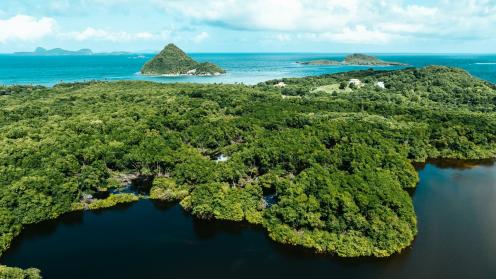Small Island Developing States
Content associated with Small Island Developing States
Highlights and images for 10 June 2019
20th Meeting of the United Nations Open-ended Informal Consultative Process on Oceans and the Law of the Sea
Summary report 10–14 June 2019
20th Meeting of the United Nations Open-ended Informal Consultative Process on Oceans and the Law of the Sea
Summary report 2–5 June 2019
2019 Annual General Meeting (AGM) of the China Council for International Cooperation on Environment and Development (CCICED)
Summary report 23–24 May 2019
High-Level Dialogue on the Implementation of the UN Decade of Sustainable Energy for All 2014-2019: A Mid-Point Review
Daily report for 16 May 2019
6th Session of the Global Platform for Disaster Risk Reduction (GP2019)
Highlights and images for 15 May 2019
6th Session of the Global Platform for Disaster Risk Reduction (GP2019)
Daily report for 15 May 2019
6th Session of the Global Platform for Disaster Risk Reduction (GP2019)
Daily report for 14 May 2019
6th Session of the Global Platform for Disaster Risk Reduction (GP2019)
